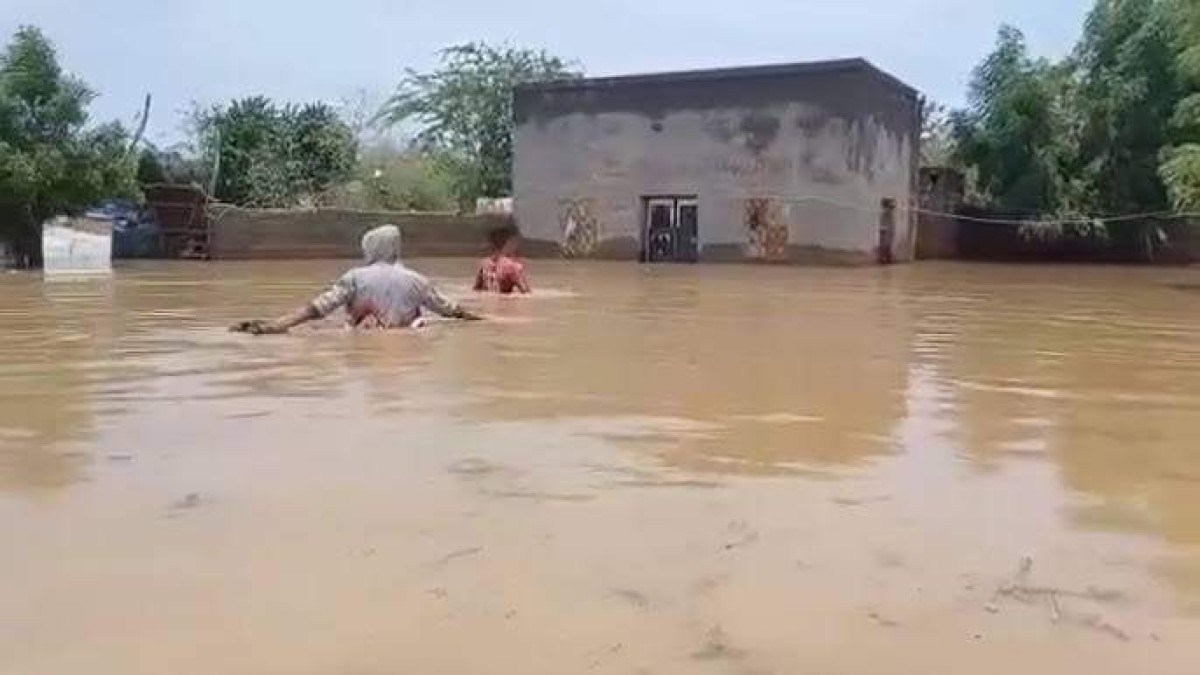An international warning about the worsening humanitarian catastrophe in Yemen due to floods and the spread of cholera


An international committee warned of the worsening humanitarian catastrophe in Yemen as a result of the floods, which began in March and intensified in July and August of this year, causing widespread destruction in many governorates.
The International Rescue Committee explained, in a statement, that the floods led to the displacement of tens of thousands of families, destroyed vital infrastructure, and fueled the rapid spread of cholera. It added that the floods severely affected the governorates of Hodeidah, Hajjah, Ma’rib, Saada and Taiz, where nearly 268 thousand individuals (38,285 families) as of last month.
The committee said that the heavy rains, which are expected to continue, have caused widespread destruction of homes, farmland and infrastructure, further restricting access to food, an issue that more than 17 million Yemenis are already suffering due to conflict and economic deterioration. And rising food prices, all exacerbated by the climate crisis.
She added: “In Taiz alone, an estimated 70 to 100% of agricultural land has been destroyed, and while rains stopped in September, the risk of additional flash floods remains high due to saturated ground and poor drainage systems.”
The International Rescue Committee explained that Yemen is facing a crisis on multiple fronts, the ongoing conflict, severe floods, and now the outbreak of the cholera epidemic that has spread rapidly in many governorates, and said that people’s lives are directly at risk, and the destruction of water facilities is likely to lead to And sanitation exacerbates the spread of the disease.
The committee’s statement indicated that the cholera epidemic has escalated since March 2024, to more than 163,000 suspected cases nationwide, and pointed out that 132,049 suspected cases and 493 deaths were recorded in areas controlled by the Houthi militia, while areas controlled by the Houthi militia witnessed... The government reported 31,138 suspected cases and 26 deaths. He added: “The continued destruction of water and sanitation infrastructure due to flooding is likely to accelerate the spread of cholera.”
He continued: “The floods and cholera outbreak have left Yemen in dire need of emergency shelter, cash assistance, food, non-food items, water and sanitation services, protection and medical supplies. Women and girls, especially displaced female-headed families, face increased risks related to With protection, they represent more than 22% of those receiving emergency relief.”
While the International Committee of the Red Cross urgently called on the international community to increase financial and logistical support to meet the immediate and long-term needs of those affected by this disaster, noting that without taking timely action, the situation in Yemen will continue to deteriorate, exposing more Lives are at risk.